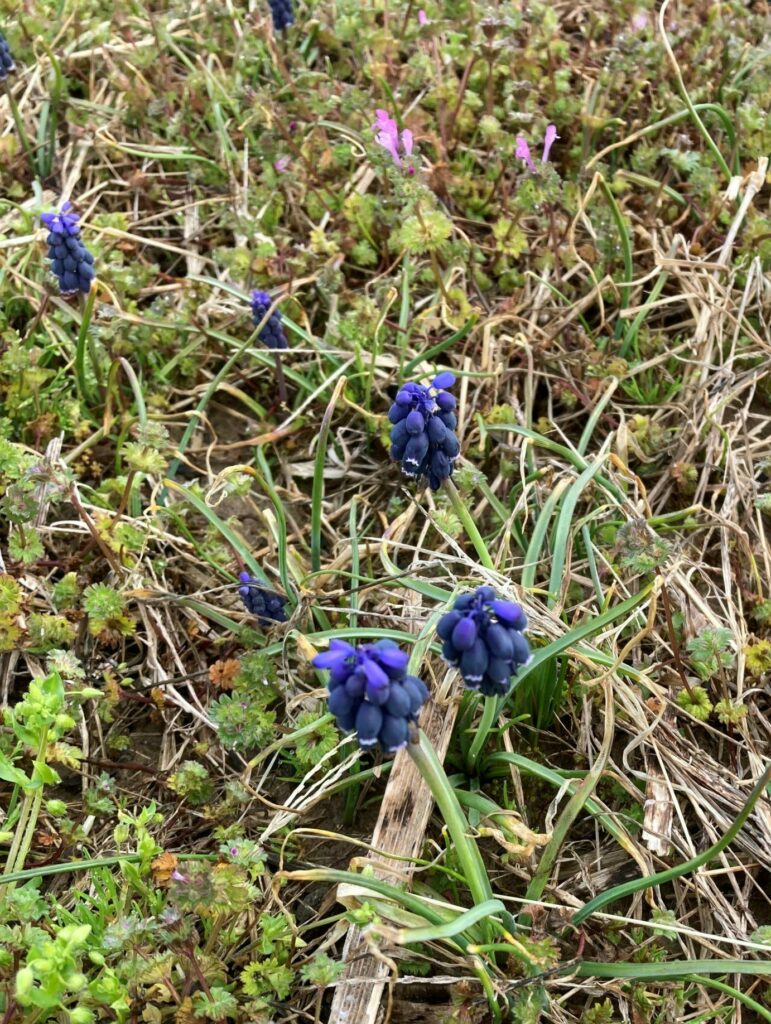The UT Cotton Scout School is scheduled for the last Friday of the month, May 27th, at the West Tennessee Research and Education Center (605 Airways Blvd, Jackson). There is no fee, and preregistration is not required. Registration begins at 8:00 AM with the program starting at 8:30. Content will include classroom and hands-on training with an optional go-to-the-field session after lunch. Topics covered will include cotton development and identification and symptoms of insect pests, plant diseases, and weeds.
Category Archives: Weeds
Ryegrass Management in Newly Emerged Corn
The call of the last week has been ryegrass and/or Poa escaping burndown in a number of fields that have been or will be planted to corn. In most cases the ryegrass escaped a glyphosate plus dicamba burndown. Continue reading
Poor Burndown Performance
There have been a number of reports on disappointing burndown applications that were applied during that cold stretch, 3 to 4 weeks ago, when nighttime temperatures were in the 20s. The herbicides that performed poorly were some combination of systemic herbicides glyphosate, dicamba, clethodim and Leadoff. Continue reading
Burndown Wild Garlic, Grape Hyacinth and Star-of-Bethlehem

This spring some fields seem to be infested more heavily with wild garlic, grape hyacinth and in a few cases, star-of-Bethlehem. These three weeds, in the Lily family, are often mistaken for each other as they all derive from bulbs and are low-growing perennials. Continue reading
Overlapping Residual Herbicides in Soybean
There will likely be more soybean acres in Tennessee in 2022 compared with last year. As such it will be more difficult to get POST applications applied timely. This is yet another reason overlapping residual herbicides for Palmer amaranth control will be essential in 2022. Continue reading
Vine and Grass Control in Corn
Last August and September many were disappointed in the grass and vine infestations present at corn harvest in some fields. Often, these weed infestations emerged after PRE applied or early POST applied herbicides had played out. Continue reading
Strategies for Overlapping Residuals in Cotton
Overlapping residual herbicides for Palmer amaranth control will be essential in 2022. There are two main reasons for this. First is the continued evolution of dicamba-resistant Palmer amaranth in Tennessee. Our most recent greenhouse screens clearly show that some populations have upped their game with respect to their dicamba resistance from what was seen in 2020 or 2021. Second, the lack of Liberty supply greatly limits the last best option to remove Palmer amaranth in-crop that is dicamba resistant. Continue reading
Burndown Time in Tennessee
It is now “burndown time in Tennessee.” The combination of supply chain issues with the ever-increasing presence of herbicide resistant weeds has made burndown time more of a challenge in 2022. Poa and ryegrass are two very common grass weeds and are of most concern, particularly before corn planting. Continue reading

